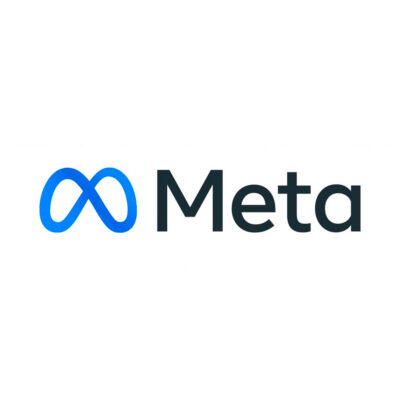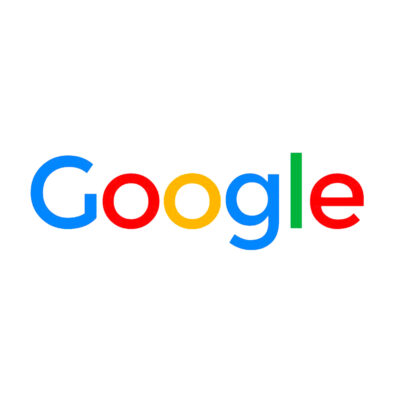Compare Models
-
Google
PaLM 2 chat-bison-001
$0.0021535PaLM 2 has just launched (May 2023) and is Google’s next-generation Large Language Model, built on Google’s Pathways AI architecture. PaLM 2 was trained on a massive dataset of text and code, and it can handle many different tasks and learn new ones quickly. It is seen as a direct competitor to OpenAI’s GPT-4 model. It excels at advanced reasoning tasks, including code and math, classification and question answering, translation and multilingual proficiency (100 languages), and natural language generation better than our previous state-of-the-art LLMs, including its predecessor PaLM.PaLM 2 is the underlying model driving the PaLM API that can be accessed through Google’s Generative AI Studio. PaLM 2 has four submodels with different sizes. Bison is the best value in terms of capability and chat-bison-001 has been fine-tuned for multi-turn conversation use cases. If you want to see PaLM 2 capabilities, the simplest way to use it is through Google Bard (PaLM 2 is the technology that powers Google Bard).Watch Paige Bailey introducing PaLM 2: view here
-
ChatGLM
PaLM 2 text-bison-001
$0.004PaLM 2 has just launched (May 2023) and is Google’s next-generation Large Language Model, built on Google’s Pathways AI architecture. PaLM 2 was trained on a massive dataset of text and code, and it can handle many different tasks and learn new ones quickly. It is seen as a direct competitor to OpenAI’s GPT-4 model. It excels at advanced reasoning tasks, including code and math, classification, question answering, translation and multilingual proficiency (100 languages), and natural language generation better than our previous state-of-the-art LLMs, including its predecessor PaLM.PaLM 2 is the underlying model driving the PaLM API that can be accessed through Google’s Generative AI Studio. PaLM 2 has four submodels with different sizes. Bison is the best value in terms of capability and cost, and text-bison-001 can be fine-tuned to follow natural language instructions and is suitable for various language tasks such as classification, sentiment analysis, entity extraction, extractive question answering, summarization, re-writing text in a different style, and concept ideation.If you want to see PaLM 2 capabilities, the simplest way to use it is through Google Bard (PaLM 2 is the technology that powers Google Bard).
Watch Paige Bailey introducing PaLM 2: view here
-
Google
PaLM 2 textembedding-gecko-001
$0.0004PaLM 2 has just launched (May 2023) and is Google’s next-generation Large Language Model, built on Google’s Pathways AI architecture. PaLM 2 was trained on a massive dataset of text and code, and it can handle many different tasks and learn new ones quickly. It is seen as a direct competitor to OpenAI’s GPT-4 model. It excels at advanced reasoning tasks, including code and math, classification and question answering, translation and multilingual proficiency (100 languages), and natural language generation better than our previous state-of-the-art LLMs, including its predecessor PaLM.PaLM 2 is the underlying model driving the PaLM API that can be accessed through Google’s Generative AI Studio. PaLM 2 has four submodels with different sizes: Unicorn (the largest), Bison, Otter, and Gecko (the smallest) and the different sizes of the submodels allow PaLM 2 to be more efficient and to perform different tasks. Gecko is the smallest and cheapest model for simple tasks and textembedding-gecko-001 returns model embeddings for text inputs.If you want to see PaLM 2 capabilities, the simplest way to use it is through Google Bard (PaLM 2 is the technology that powers Google Bard).Watch Paige Bailey introducing PaLM 2: view here
-
RedPajama
RedPajama-INCITE-7B-Instruct
FREEThe RedPajama project aims to create a set of leading open source models. RedPajama-INCITE-7B-Instruct was developed by Together and leaders from the open source AI community. RedPajama-INCITE-7B-Instruct model represents the top-performing open source entry on the HELM benchmarks, surpassing other cutting-edge open models like LLaMA-7B, Falcon-7B, and MPT-7B. The instruct-tuned model is designed for versatility and shines when tasked with few-shot performance.The Instruct, Chat, Base Model, and ten interim checkpoints are now available on HuggingFace, and all the RedPajama LLMs come with commercial licenses under Apache 2.0.Play with the RedPajama chat model version here – https://lnkd.in/g3npSEbg
1
2




